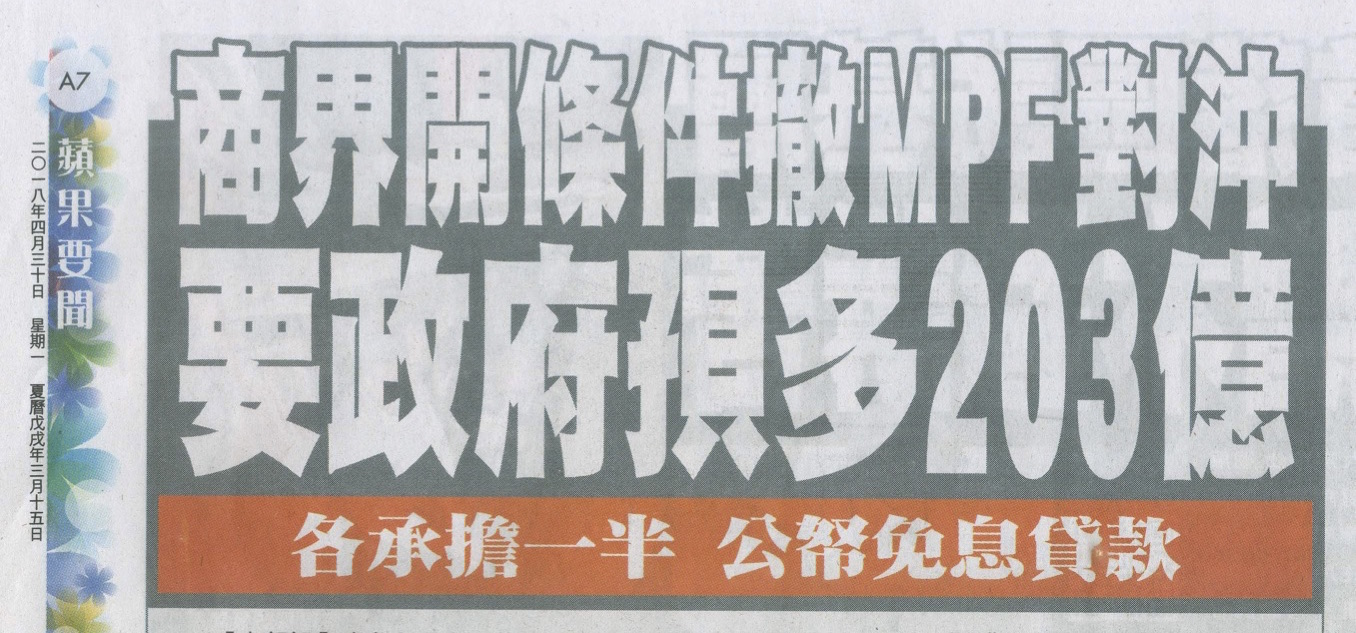Chinese nicknames for NBA players
Quite an amazing thread:
A thread of Chinese internet nicknames for NBA players.
China is crazy for the NBA, but official sources use boring phonetic transcriptions, failing to take advantage of Chinese characters having both sound and meaning. Chinese netizens have "improved" on these official names.
— Nick Kapur (@nick_kapur) May 7, 2018
[To access the complete thread, click at the top of the tweet near the author's name.]
Read the rest of this entry »

